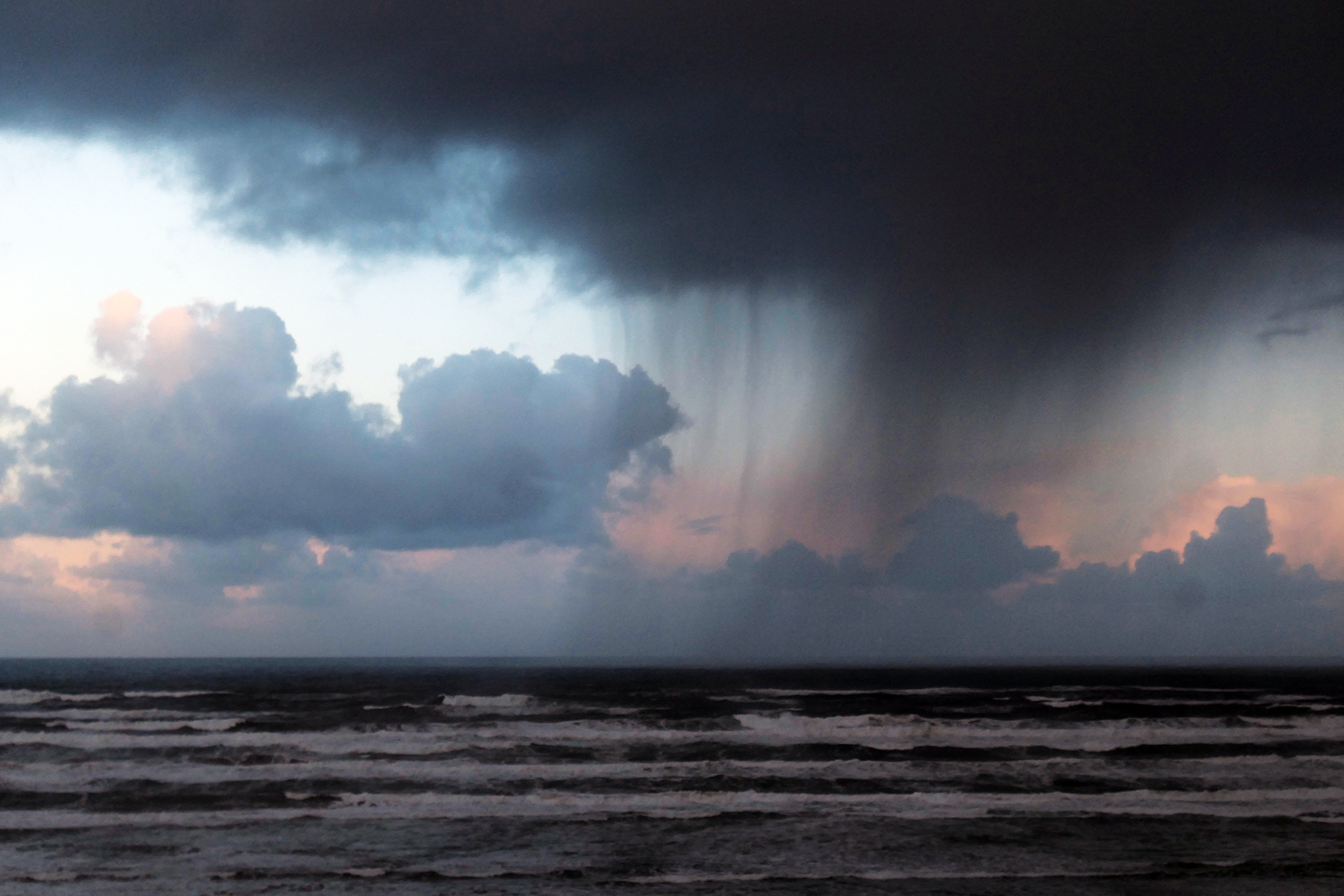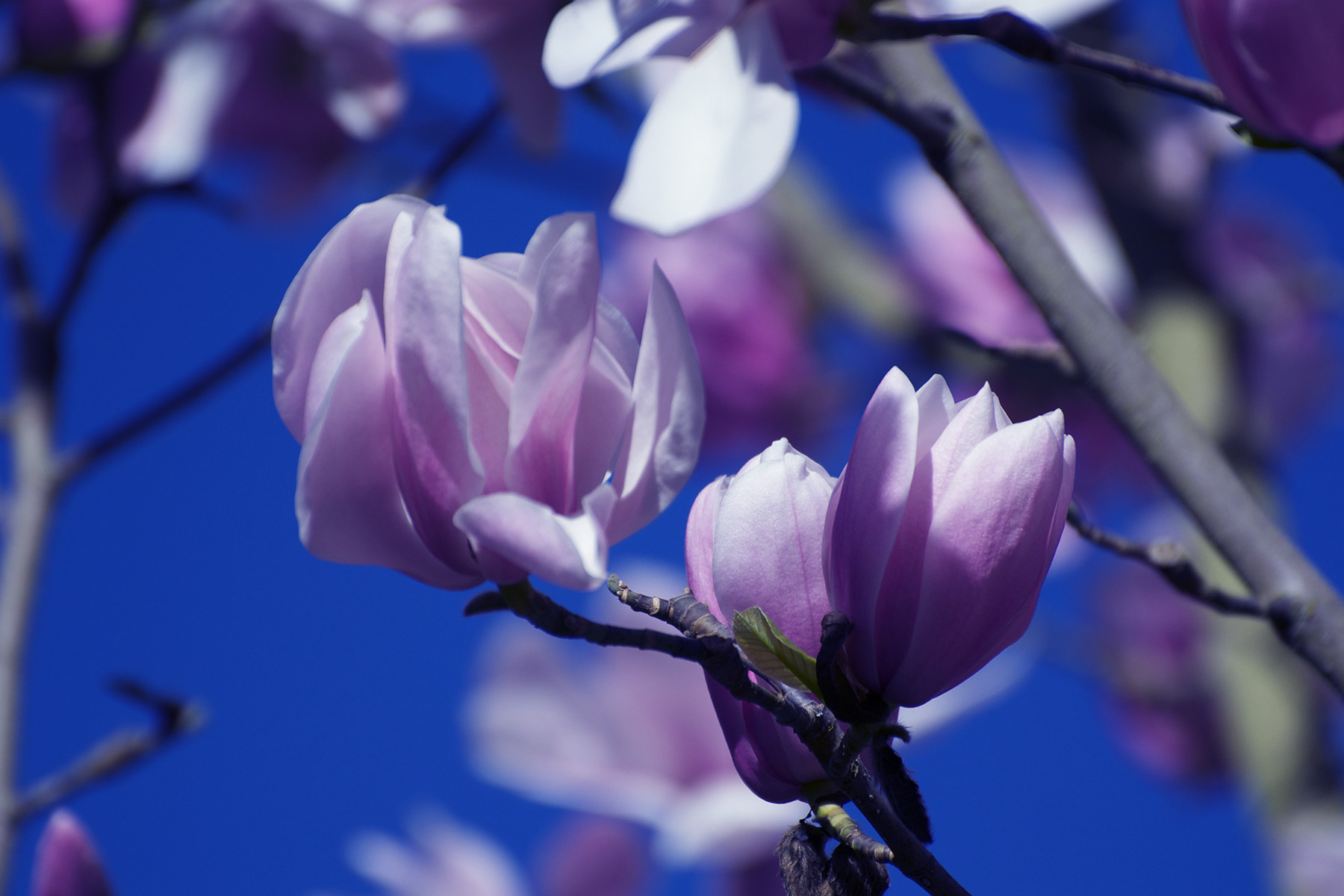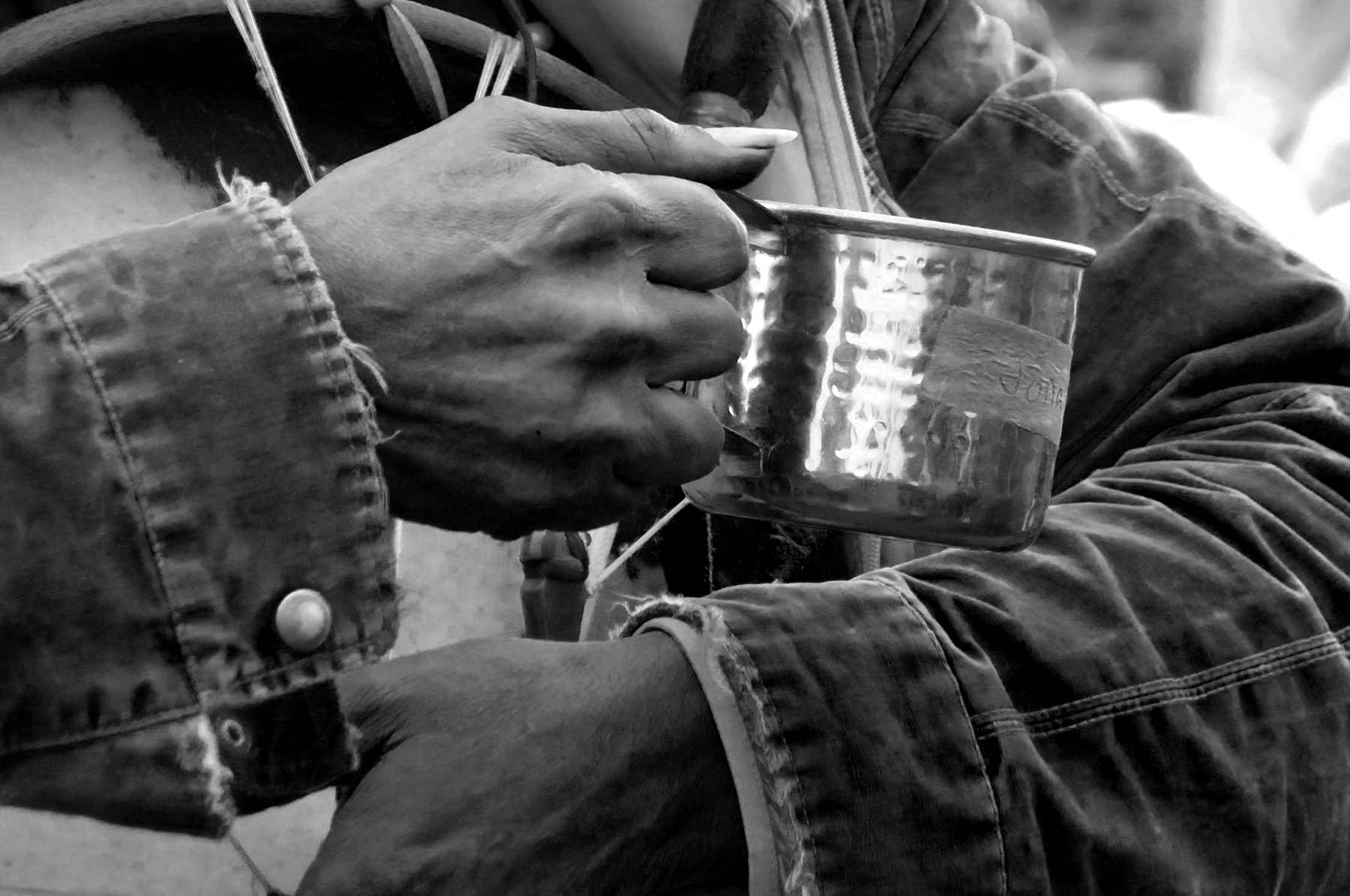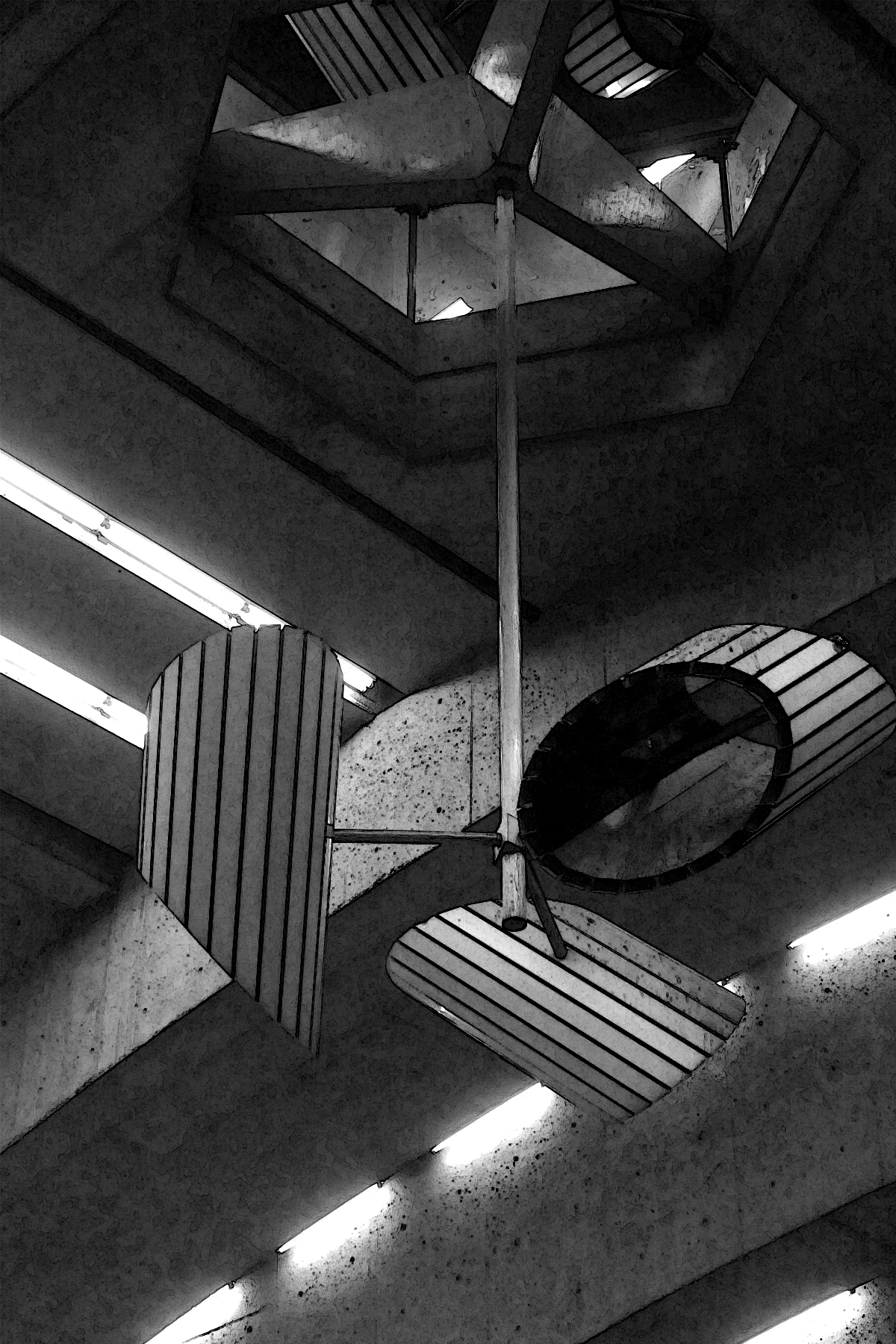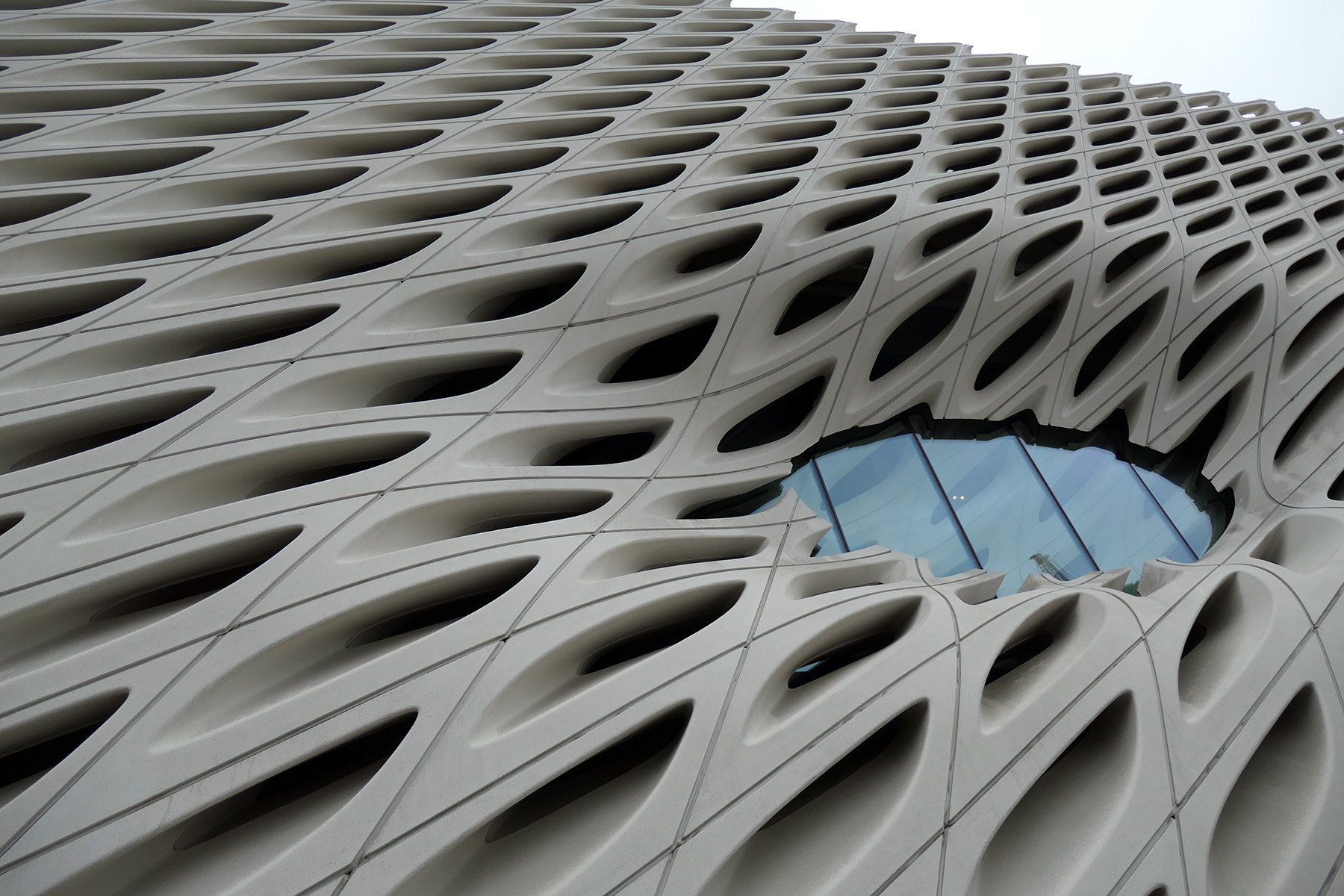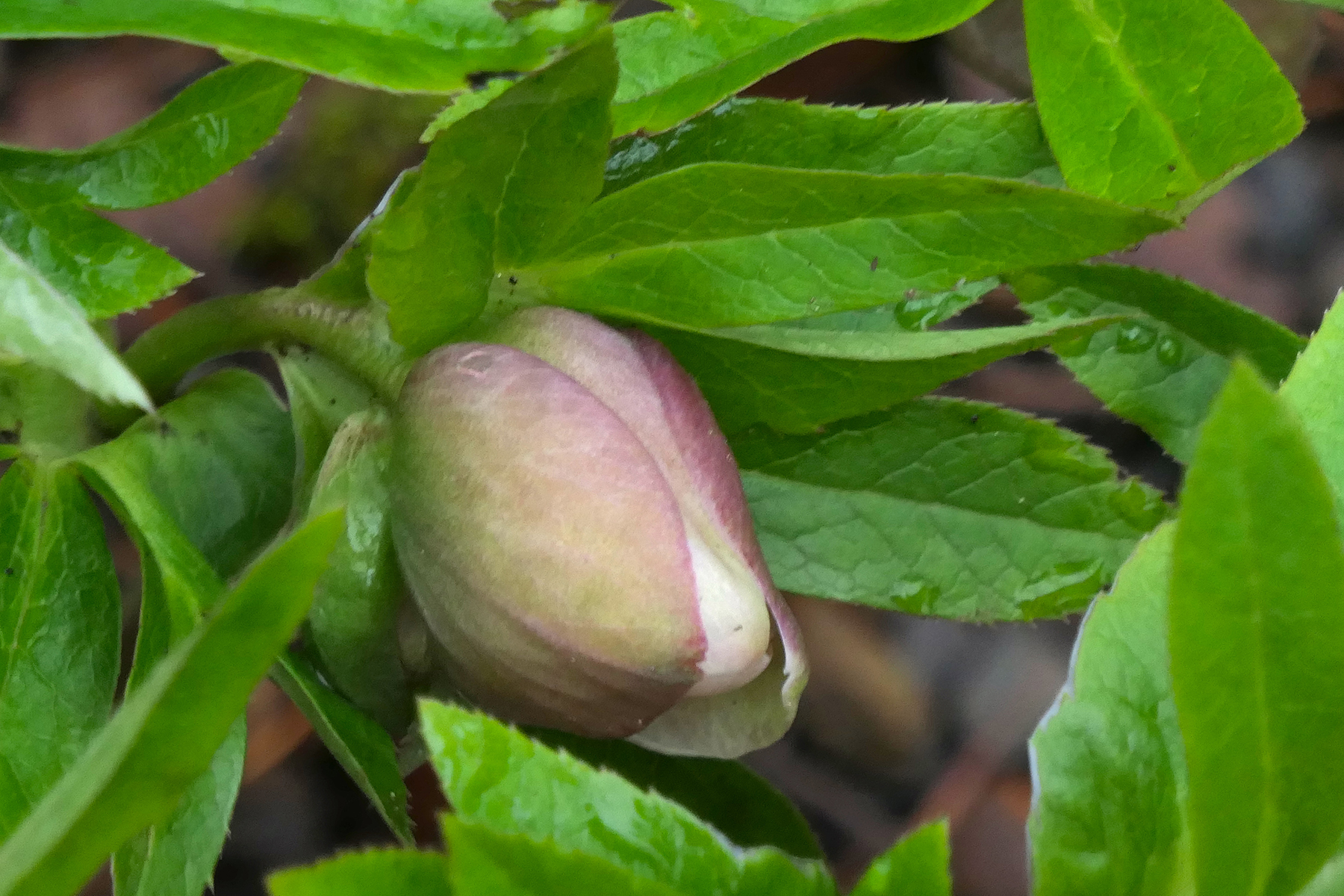A timely poem to end the week. The poet is Franny Choi, author of the poetry collections Soft Science (Alice James, 2019) and Floating, Brilliant, Gone (Write Bloody Publishing, 2014). She is a Gaius Charles Bolin Fellow at Williams College, a member of the multidisciplinary artists of color collective Dark Noise, and a cohost of the Poetry Foundation’s podcast, VS. Links to more of her writing can be found here.

The World Keeps Ending, and the World Goes On
By Franny Choi
Before the apocalypse, there was the apocalypse of boats:
boats of prisoners, boats cracking under sky-iron, boats making corpses
bloom like algae on the shore. Before the apocalypse, there was the apocalypse
of the bombed mosque. There was the apocalypse of the taxi driver warped
by flame. There was the apocalypse of the leaving, and the having left—
of my mother unsticking herself from her mother’s grave as the plane
barreled down the runway. Before the apocalypse, there was the apocalypse
of planes. There was the apocalypse of pipelines legislating their way
through sacred water, and the apocalypse of the dogs. Before which was
the apocalypse of the dogs and the hoses. Before which, the apocalypse
of dogs and slave catchers whose faces glowed by lantern-light.
Before the apocalypse, the apocalypse of bees. The apocalypse of buses.
Border fence apocalypse. Coat hanger apocalypse. Apocalypse in
the textbooks’ selective silences. There was the apocalypse of the settlement
and the soda machine; the apocalypse of the settlement and
the jars of scalps; there was the bedlam of the cannery; the radioactive rain;
the chairless martyr demanding a name. I was born from an apocalypse
and have come to tell you what I know—which is that the apocalypse began
when Columbus praised God and lowered his anchor. It began when a continent
was drawn into cutlets. It began when Kublai Khan told Marco, Begin
at the beginning. By the time the apocalypse began, the world had already
ended. It ended every day for a century or two. It ended, and another ending
world spun in its place. It ended, and we woke up and ordered Greek coffees,
drew the hot liquid through our teeth, as everywhere, the apocalypse rumbled,
the apocalypse remembered, our dear, beloved apocalypse—it drifted
slowly from the trees all around us, so loud we stopped hearing it.
Notes:“Bedlam of the cannery” is borrowed from Martín Espada.

Here she is on a PBS NewsHour reciting and discussing another one of her poems filled with courage not drowned out by anger.

Photographs are from my 2017 photomontage series The Refugees’ Dreams.

Music today by Aram Khatchaturian. It, too, has courage.


